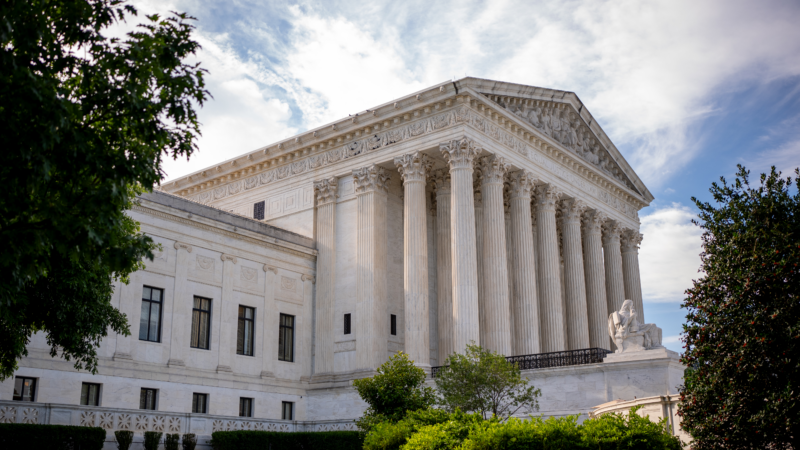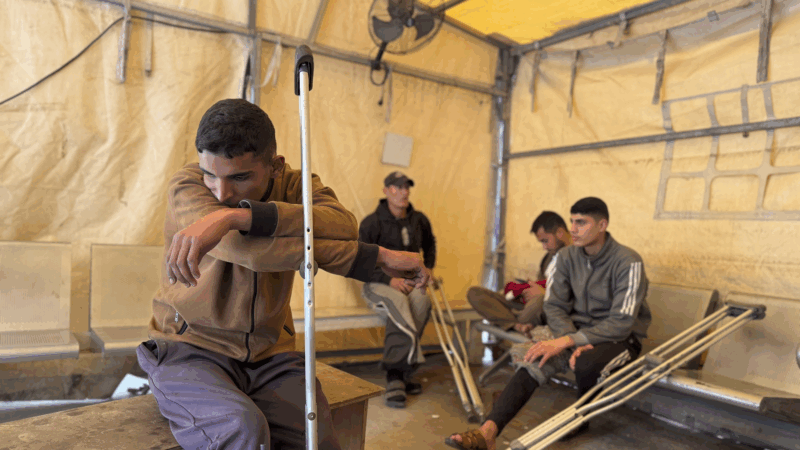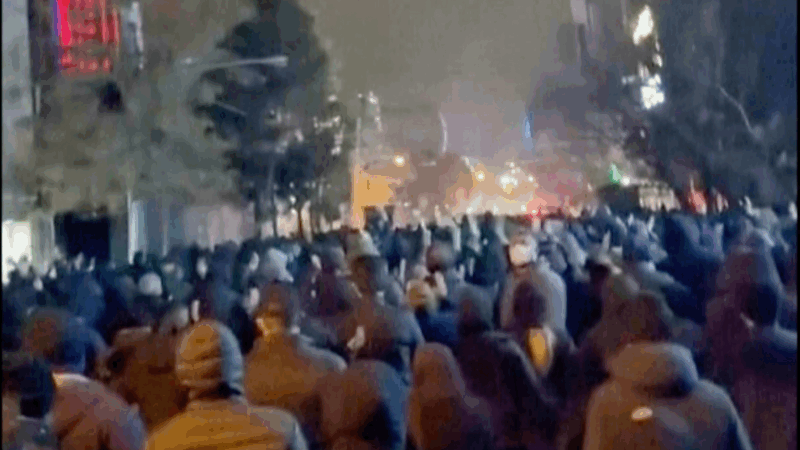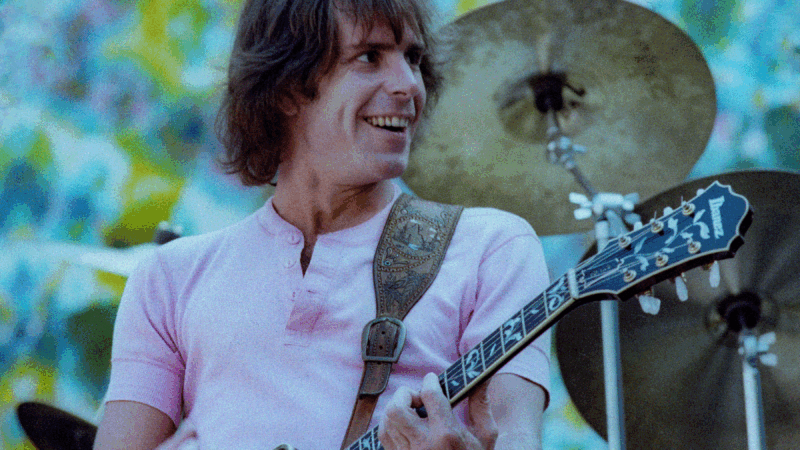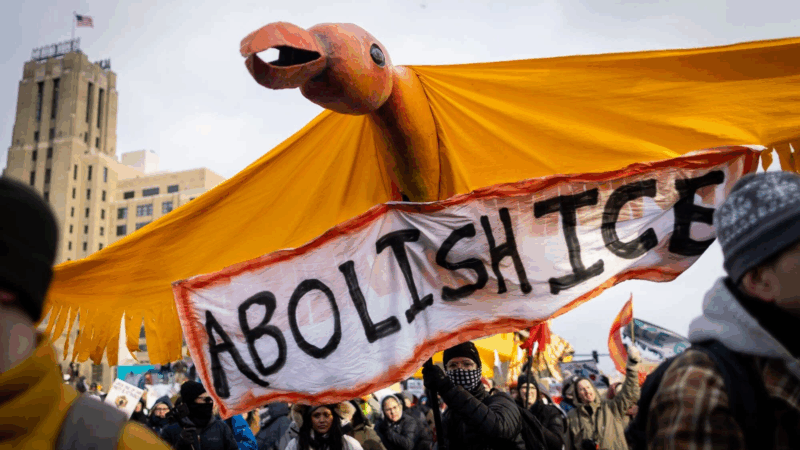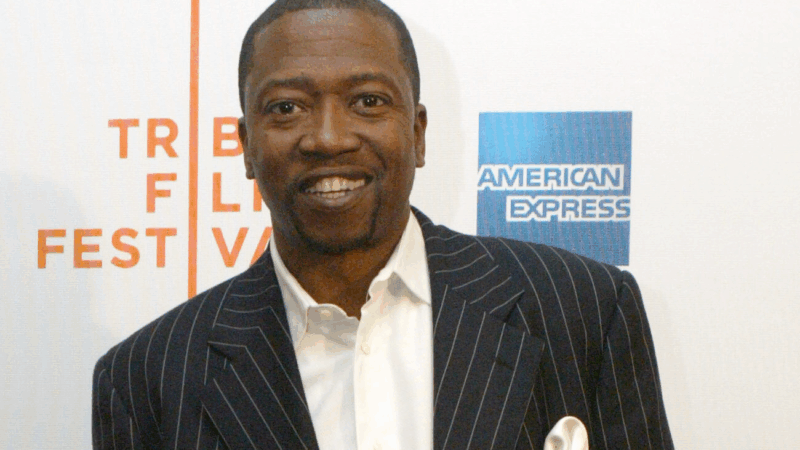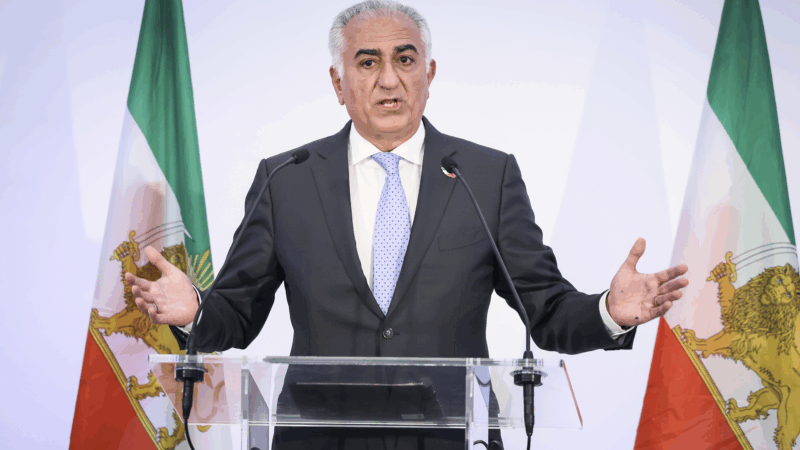Catholic Charities tests Wisconsin’s unemployment payment system at Supreme Court
The U.S. Supreme Court hears arguments Monday in a case testing whether Catholic Charities is entitled to opt out of a state unemployment compensation system for its employees.
Ironically, the case comes from Wisconsin, which in 1932, at the height of the Great Depression, became the first state in the nation to set up an unemployment compensation program.
The experiment failed, largely because paying into the fund was optional, and employers dropped out, often to undercut their competitors. But three years later, Congress enacted a federal-state unemployment system that required all employers, including non-profits, to pay into the system so that employees who lose their jobs can pay their basic bills. The only exemptions were for religious employers who conduct programs that are “operated primarily for religious purposes.”
Monday’s case was brought by a single chapter of Catholic Charities, affiliated with the Diocese of Superior in northern Wisconsin. The chapter contends that it is entitled to be exempted from the state’s mandatory unemployment compensation system because it is a charitable organization that carries out a religious mission. At the same time, however, Catholic Charities specifically eschews indoctrination. There is no proselytizing permitted, and employees include Catholics and non-Catholics alike.
“I don’t think that detracts from the fact that this is part of a religious mission,” says Eric Rassbach, who is representing Catholic Charities in the Supreme Court. “The Catholic Church tells people that you’re supposed to help other people.”
But the state of Wisconsin says that is not enough to qualify for an exemption from the compulsory state compensation system. The state notes that other non-profits, and indeed even other Catholic Charities chapters, do not seek religious exemptions, even though they, too, are run by the dioceses they serve.
The state in its briefs contends that the work that Catholic Charities does is “typical” of the work done by other non-profits, and that without a religious gloss on the actual services that are provided by the charity, it is just like other non-profits that must pay into the state system.
But Rassbach counters that forcing Catholic Charities to participate interferes with the Church’s free exercise of religion and that it unconstitutionally entangles church and state. He sees the mandatory system as “perverse” because under the state’s rationale, Catholic Charities could opt out of the system if it proselytized or employed only Catholics, but it can’t opt out under its current practices, even though it acts as the charitable arm of a diocese.
So why does this branch of Catholic Charities want to opt out of the state program? It wants to join something called the Church Unemployment Pay Program, or CUPP, which provides unemployment compensation for employees at churches, Catholic schools, and other overtly religious church affiliates.
“We think that this will definitely save us some money that [Catholic Charities] can use to carry out the rest of their mission,” says lawyer Rassbach.
That view, however, is not universal.
“Our concern is that you get what you pay for,” counters Laurence Dupuis, who filed a brief in the case on behalf of the Economic Policy Institute and similar organizations in support of the state’s position. “In fact, the CUPP program disclaims any responsibility if the employer doesn’t have sufficient reserves set aside… and you’d lose all the federal add-ons that go along with this, and that’s especially important during deep downturns.”
As a practical matter, Dupuis says, he does not see CUPP as equivalent to the state unemployment compensation program, and he warns that if the Supreme Court allows Catholic Charities of Superior to opt out, there will be no stopping point for other organizations. According to Dupuis, nationwide, “Catholic hospitals alone employ 500,000 people and we estimate… 1.2 million people employed by religiously affiliated non-profits.”
If all of these Catholic hospitals and religious employers were to opt out of their state insurance systems, he says, it would put a genuine strain on the systems’ viability, a strain that could be felt in 46 other states that have religious exemption laws similar to Wisconsin’s.
Not withstanding all that, the state of Wisconsin is likely playing a weak hand at the Supreme Court. Catholic Charities is a revered organization that does everything from providing aid to the needy to aiding in the resettlement of refugees. The Supreme Court’s conservative super-majority has repeatedly sided with the Catholic Church’s position in religion cases, and seven of the nine justices were raised Catholic.
Inside a Gaza medical clinic at risk of shutting down after an Israeli ban
A recent Israeli decision to bar Doctors Without Borders and other aid groups means international staff and aid can no longer enter Gaza or the West Bank. Local staff must rely on dwindling supplies and no international expertise.
Iran warns US troops and Israel will be targets if America strikes over protests as death toll rises
Iran's parliament speaker warned the U.S. military and Israel would be "legitimate targets" if America strikes the Islamic Republic, as threatened by President Donald Trump.
Bob Weir, guitarist and founding member of the Grateful Dead, has died at 78
For three decades with the Grateful Dead and three more after the group ended following the 1995 death of his bandmate Jerry Garcia, Weir helped build and sustain the band's legacy across generations.
Nationwide anti-ICE protests call for accountability after Renee Good’s death
Activist organizations are planning at least 1,000 protests and vigils this weekend. Officials in major cities cast Saturday's demonstrations as largely peaceful.
Veteran actor T.K. Carter, known for ‘The Thing’ and ‘Punky Brewster,’ dies at 69
T.K. Carter gained fame as Nauls the cook in John Carpenter's 1982 horror classic, "The Thing."
Who is Reza Pahlavi, the exiled Crown Prince encouraging demonstrations across Iran?
In exile for nearly 50 years, Iran's Crown Prince Reza Pahlavi has issued calls urging Iranians to join protests sweeping the country. But support for him may not be clear cut.

